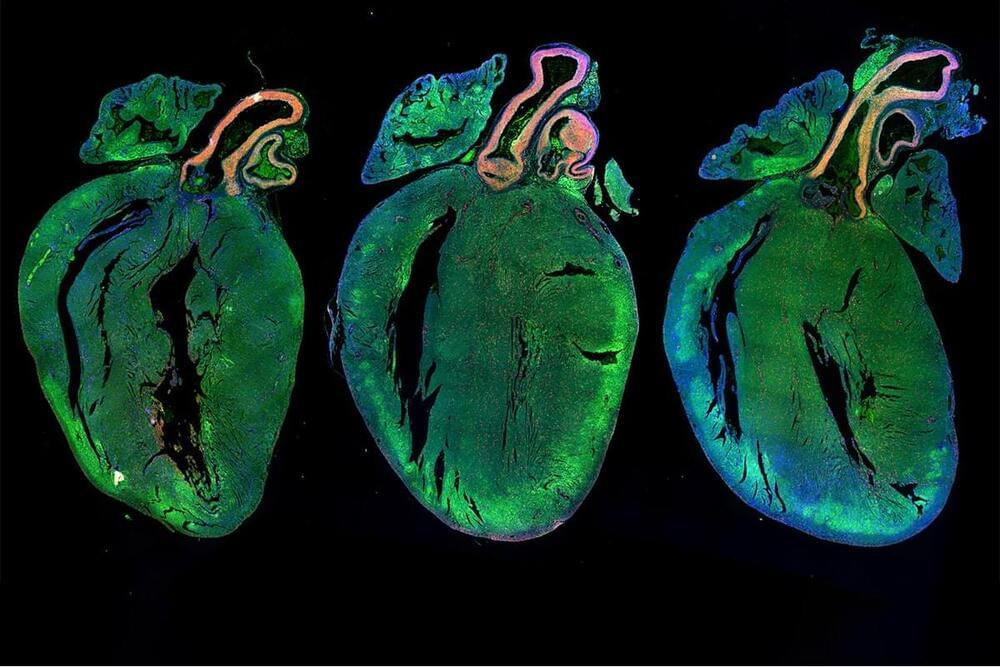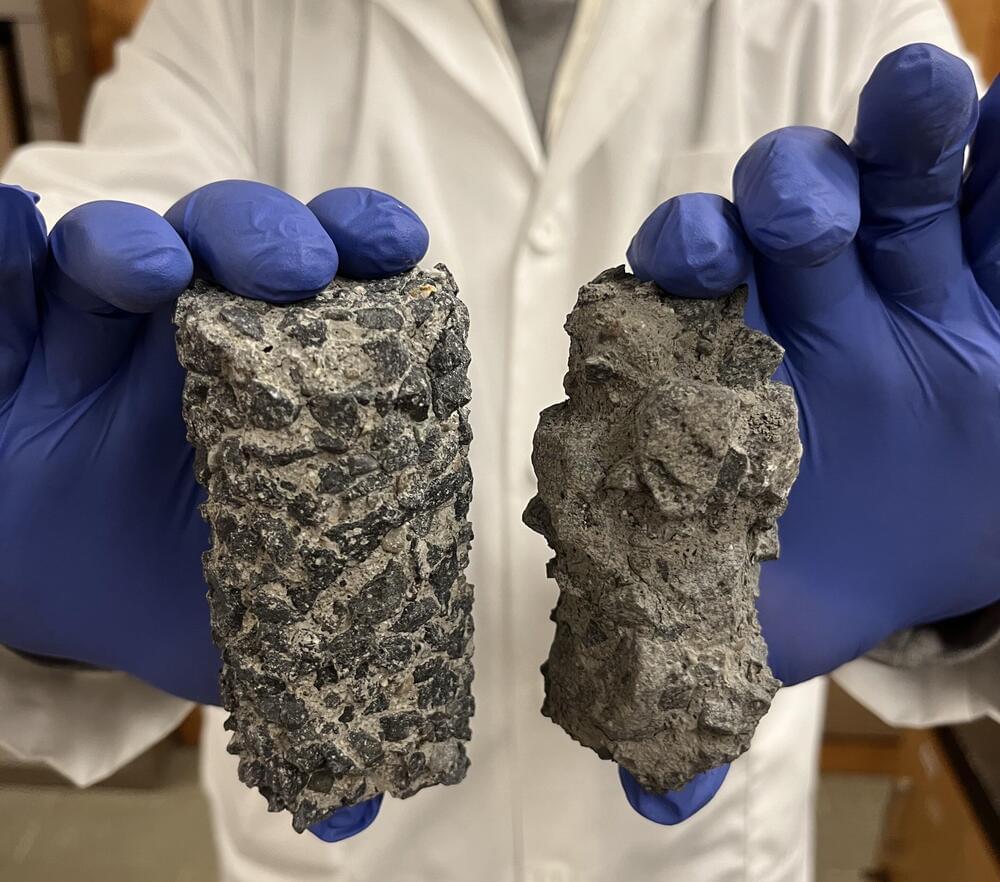No he does not respond to the resveratrol challenges. Important here are the chapters concerning Resetting the Ageing Clock and Repeatable Ageing Reversal.
In the final episode of this season, Dr. David Sinclair and Matthew LaPlante focus on current and near-future technologies relevant to health and aging. In addition to discussing the utility of wearable sensors and biological age measurements, they highlight innovative research aimed at reversing biological age. The societal effects of therapies that successfully extend healthspan and/or lifespan are also considered.
#DavidSinclair #Longevity #Aging.
Thank you to our sponsors:
Levels — https://levels.link/sinclair.
Athletic Greens — https://athleticgreens.com/sinclair.
InsideTracker — https://insidetracker.com/sinclair.
Our Patreon page:




